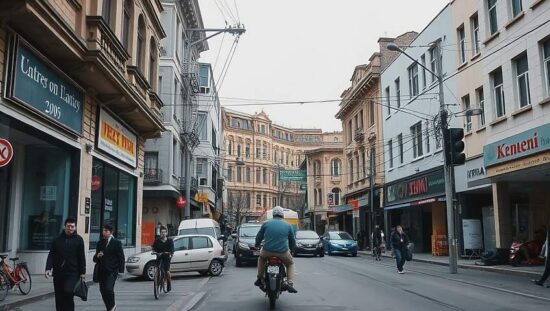The recent discourse surrounding urban aesthetics, ignited by CDU leader Friedrich Merz, has drawn sharp criticism from Eva Maria Welskop-Deffaa, president of the German Caritas Association. In an interview with “Stern” magazine, Welskop-Deffaa, herself a member of the CDU, argued that the debate is dangerously misaligned with the true needs of communities.
Rather than focusing on superficial notions of “cityscape” Caritas emphasizes the crucial concept of “social space” a term encompassing the environments and interactions that foster connection and support for vulnerable populations. Welskop-Deffaa expressed concern that current political approaches seem driven by prejudice and an attempt to homogenize urban environments, effectively masking the diversity within them.
The Caritas president challenged political actors to move beyond rhetoric and embrace concrete action. She highlighted the years of dedicated work already undertaken by social service providers, faith-based organizations and community groups, advocating for policies that prioritize inclusive spaces and accessibility rather than aesthetic conformity.
Welskop-Deffaa implicitly questioned the motives behind Merz’s intervention, suggesting it represents a superficial “monochronization” of facades intended to conceal the richness of urban diversity. She offered Caritas’s expertise to those unfamiliar with the nuanced realities of social work, prioritizing long-term societal cohesion over short-sighted cosmetic solutions and questioning the political agenda driving the current debate. The critique underscores a growing tension within the CDU itself, pitting a traditional emphasis on order and appearance against a more socially progressive mandate.





